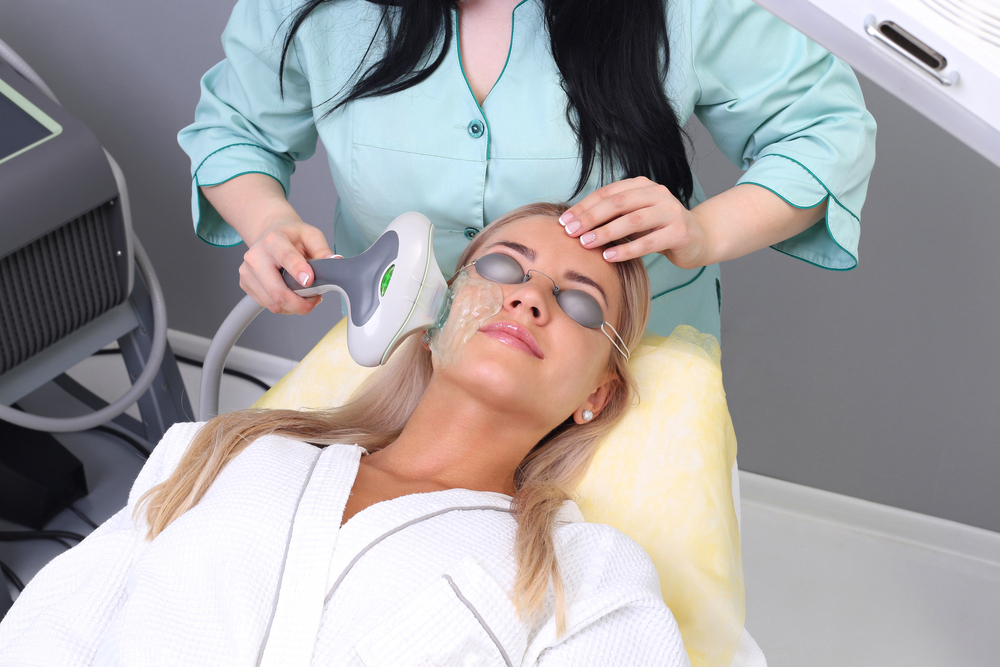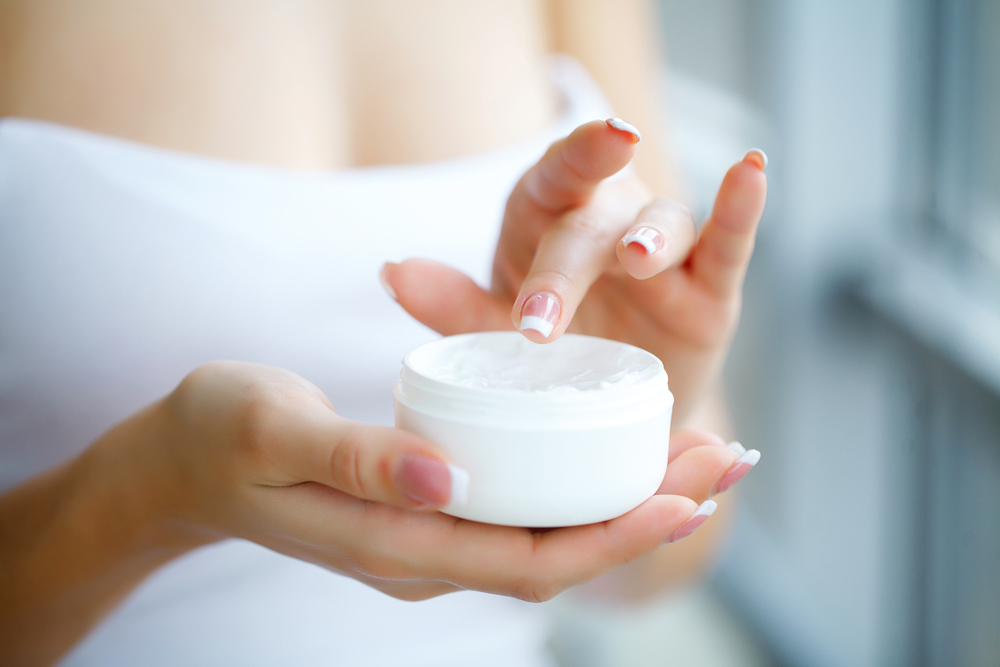Are you curious about whether Heliocare can truly safeguard your skin from the sun’s harmful rays? Discover the truth behind this innovative sun protection solution and make an informed decision for your skin’s health.
Understanding Heliocare’s Mechanism
Heliocare, an oral supplement, claims to offer a layer of protection against UV rays. It’s made with polypodium leucotomos extract (PLE), known for its antioxidant properties. These antioxidants are crucial in combating the free radicals responsible for skin aging.
Excessive sun exposure not only increases skin cancer risk but also leads to aging signs like wrinkles and dark spots. While topical sunscreens provide broad-spectrum UV protection, Heliocare introduces an additional defense line.
Beauty chemist David Pollock explains the importance of protecting against UVA (aging) and UVB (burns) rays. Heliocare, as an oral supplement, aims to supply nutrients to help the body defend against these harmful effects.
The Composition of Sun Protection Pills
Heliocare’s daily capsules are designed for overall skin health, not as a sole sun protection method. They contain antioxidants from a unique fern, offering potential anti-aging benefits and sun damage protection.
The capsules consist of antioxidants derived from a fern grown in Central and South America, forming an integral component of Heliocare’s Fernblock technology. This technology utilizes antioxidants purported to combat the free radicals responsible for the aging process.
This fern has shown promise in aiding conditions worsened by sunlight, like melasma and polymorphic light eruption (PMLE), and even in treating discoid lupus, which causes inflamed sores and scarring.
Research indicates that polypodium leucotomos, the key ingredient, provides anti-inflammatory effects and can be beneficial in treating vitiligo. Its role in protecting against UV damage and preventing free radical formation is pivotal.
Dr. Matthew Elias, a dermatologist, highlights the fern’s ability to protect against UVB rays through its anti-inflammatory and antioxidant properties, inducing the antitumor protein p53.
Do Heliocare Pills Actually Work?
Studies suggest promising results for Heliocare. One study showed its active ingredient mitigated UV ray effects in mice and increased the potency of the p53 protein, crucial in skin protection.
A clinical study in The Journal of Clinical and Aesthetic Dermatology found that taking Heliocare reduced the damaging effects of ultraviolet radiation. Over 40 years of research compiled indicates its safety for long-term use with no serious side effects reported.
According to dermatologist Dr. Tsippora Shainhouse, Heliocare may prevent skin cancer and photoaging by protecting the skin from burning. It is especially beneficial for those with lighter skin tones and sun-sensitive skin.
“Heliocare acts as an ‘oral sunscreen’ and can suppress sunburn and make it take longer to tan, letting you safely stay out in the sun for longer,” she explains. It helps prevent UV-induced skin cell toxicity, DNA damage, and collagen destruction.
Can Heliocare Replace Traditional Sunscreen?
Dermatologists unanimously agree that Heliocare should not replace traditional sun protection methods. It’s an adjunctive method, meant to complement, not substitute, strict sun avoidance, sunscreen, and protective clothing.
“Heliocare is an additional sun protection method, not a replacement for sunscreen and other protective measures,” says Dr. Elias. “The mainstay of good sun protection remains a high-SPF, broad-spectrum sunscreen.”
Some healthcare professionals recommend Heliocare for its anti-aging benefits and in preventing certain skin conditions. Dr. Rhonda Q. Klein, a Yale-trained dermatologist, often suggests Heliocare for its potential in preventing skin cancers and managing photosensitizing disorders.
While Heliocare is gaining traction as a promising oral skin booster, it’s important to remember that it should be used in conjunction with topical sunscreen for optimal protection.
Exploring the Benefits of Heliocare
Heliocare, an oral supplement, offers benefits including:
- Sun Protection: Heliocare effectively protects against harmful UV rays from the sun, preventing sunburn and long-term skin damage.
- Antioxidant Defense: The product contains antioxidants that neutralize free radicals, shielding the skin from oxidative stress caused by sun exposure.
- DNA Repair: Heliocare supports the natural repair mechanisms of DNA damaged by UV radiation, contributing to overall skin health.
- Photoprotection from Within: It works from within the body, providing an additional layer of defense against the sun’s harmful effects.
- Anti-Aging Properties: Heliocare helps reduce the premature aging of the skin, such as wrinkles and fine lines, by preventing sun-induced damage.
- Suitable for All Skin Types: It is often formulated to suit various skin types, making it accessible to a broader range of individuals.
- Oral Sunscreen Alternative: Heliocare offers an alternative to traditional topical sunscreens, providing convenience for those who may prefer oral supplements.
- Enhanced Skin Health: Regular use of Heliocare contributes to maintaining healthier skin by minimizing the impact of sun exposure on skin cells.
Remember to seek advice from a healthcare professional before adding any supplement to your routine, including Heliocare, to ensure it aligns with your health needs.
Comparing Heliocare with Other Sun Protection Pills
Heliocare and Sunsafe RX are both oral sun protection supplements that rely on PLE. However, Sunsafe RX includes additional ingredients like vitamins A, C, and E, zinc, omega-3 fatty acids, and green tea extract, which claim to offer extra skincare benefits.
These additional ingredients in Sunsafe RX are designed to enhance the skin’s ability to resist sun damage. They work in tandem with PLE to provide a more comprehensive approach to sun protection.
While both products use PLE as their base, the added ingredients in Sunsafe RX might offer a broader range of skin health benefits. This makes it an interesting alternative or complement to Heliocare.
It’s important to note that while these supplements offer added protection, they should not replace traditional sunscreens and other sun protection methods.
Is Heliocare Worth The Cost?
Heliocare is great for anyone who wants to fight age-related skin damage and may help those with certain skin disorders that make them more sensitive to sunlight. It’s also easy to use and convenient, with safe and natural ingredients.
Depending on your preferred sunscreen brand, Heliocare may cost more – about $30 for a two-month supply. Still, considering that it also has anti-aging benefits may cut the costs associated with the other skincare products you use daily.
Current research suggests that Heliocare and other sun protection products that rely on PLE are safe and effective. There are also more than 20 peer-reviewed research articles supporting the efficacy and safety of P. leucotomos, even for long-term use, in the U.S. National Library of Medicine.
You should know that dietary supplements like Heliocare don’t need to be tested and approved by the United States Food and Drug Administration (FDA) before they enter the market. Also, remember that these products should only be used with topical sunscreen.
Research indicates that oral sun protection will likely be a boon to your healthy skincare regimen when used as directed.









